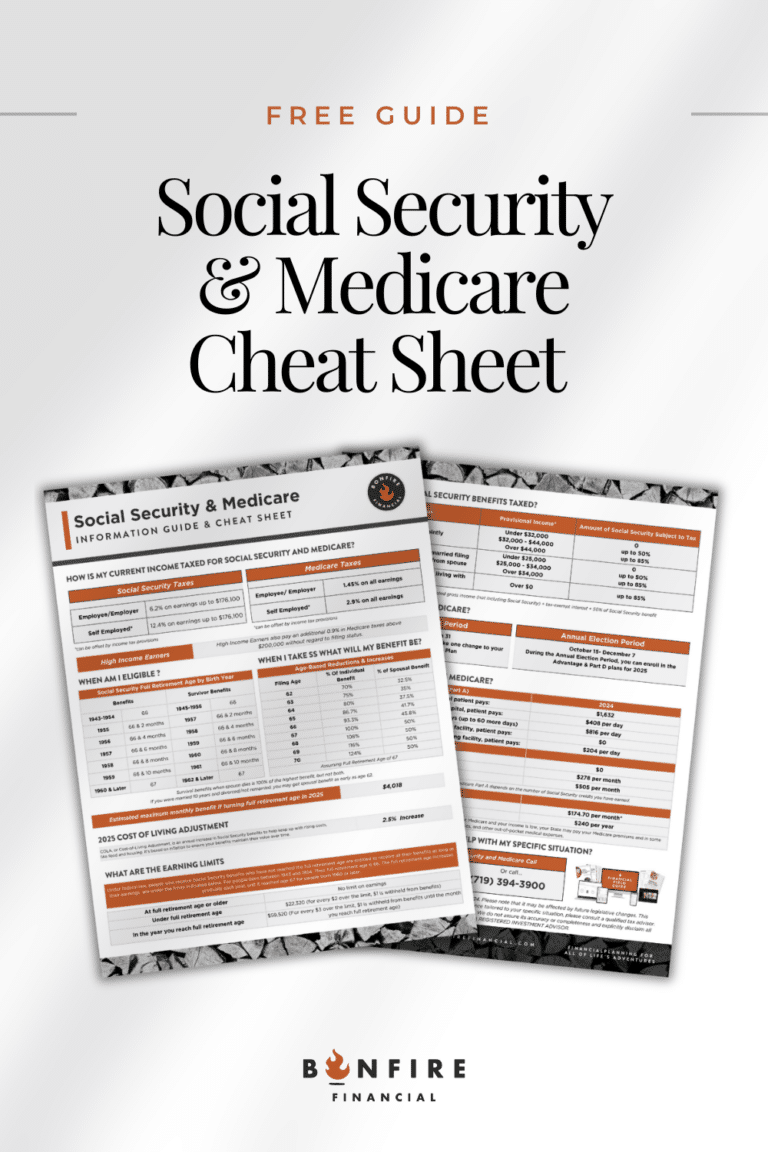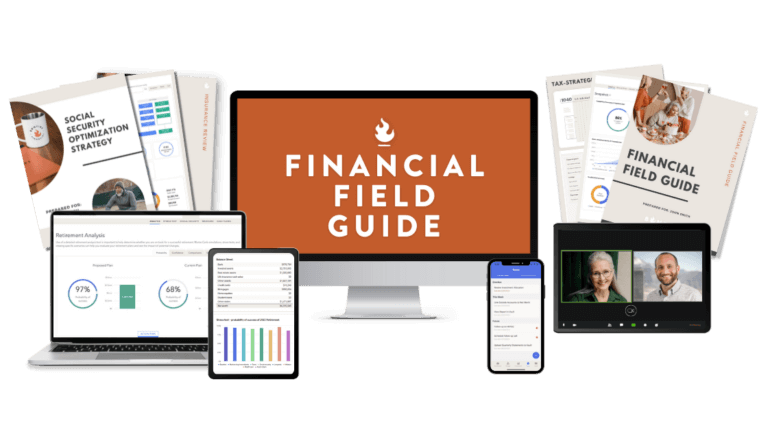Is Insurance an Investment?
The simple answer is no. You don’t view car insurance as an investment, so why would life insurance be?
If insurance is not an investment, why do we have insurance? Simple, it is for protecting your assets and for protecting your loved ones.
Think about this… You have car insurance and homeowner’s insurance, but why? It’s so you will be covered if you get into an accident, or are stuck in an unreal hail storm, or if the water heater breaks and floods the basement, or in the unlikely event your house catches fire.
In all these cases people purchase insurance to make sure that they are not going to have to pay the full amount to get back to whole after something terrible happens. That’s it.
We have yet to meet a person who bought car or homeowners insurance as an investment thinking they were going to make money or get returns off the insurance.
Why is life insurance different?
It’s so that your loved ones are taken care of if something happens to you. If you are no longer here, who or what is going to replicate the income you generate? Most people say that if they pass on early or unexpectedly they want their family to be able to maintain the same quality of life.
The important questions to ask yourself are:
- How much do I need to achieve the goal?
- What is the most effective and inexpensive way to achieve that goal?
There are certain factors to think about that will help determine what kind of insurance to buy and how much. These factors include your time frame, health, and resources (other investable assets).
When you ask these questions you are looking at insurance from a needs-based approach. It helps you find a solution that fits your particular situation. When acting from this point of view, very rarely does a whole life or universal life product make sense. Term life insurance normally gives you the greatest amount of coverage for the least amount of money.
Why do people say life insurance is an investment?
Well, have you ever gone to see a movie and walked out a little disgruntled saying “Man, the best parts were in the trailer, why did I even go?!” That is the feeling most people get when they buy insurance as an investment. The story or sales pitch was better than the product and the only winner was the one selling the insurance.
In the end, people often say “my advisor said it would be like a forced savings that I can borrow against, but I have no idea what it is” or “they said it grows tax-free or something like that” It is one thing to waste your money on a $15 movie, it is another thing to waste thousands of dollars on insurance you think is an investment but in reality doesn’t meet your needs.
If your financial advisor has tried to pitch you insurance as an investment, you don’t have a financial advisor, you have a salesperson.
Insurance is not an investment.
Here are some facts on whole life insurance, universal life insurance, portfolio or permanent life products that should help bring some perspective:
- They cost a lot more to get the same amount of coverage as a term policy.
- There are hidden fees. You can find them buried in the 8 pt. font 20+ page contract. Are you up for some “light” reading?
- These products pay big commissions to the insurance salesmen, which they do not have to disclose to you.
- If you borrow against it, your death benefit will be reduced, and your loved ones will be left with less.
- If you do mix investment with insurance, i.e. you ‘invest’ in insurance products like endowment or money-back plans, your returns are bad, and limited at best. Usually less than 3 or 5%.
- When you die with a cash value, they only pay out the face amount, not the extra money you’ve put into it. Your extra investment vanishes- they keep it.
- And finally, you are borrowing the money so there is interest to be paid, which means you pay even more.
These products have many moving parts and are quite convoluted. Many clients come to us asking for help to understand what they bought from someone else and how it works.
In most cases, we end up having to call the insurance company to get full indoctrination of the product so that we can understand that if this happens, that happens, and so forth and so on. Whole life and universal life products simply have too many variables.
Insurance unfortunately is unnecessarily complicated, but it doesn’t need to be.
If you understand that insurance is not an investment, the picture can come into focus. Term life is more than often the best solution for the lowest cost. The best way to buy it is through a broker or advisor who shops several companies to get you the best deal. Which, by the way, is what we do.
We’d love to discuss this more with you and truly find a solution that meets your needs, so give us a call and join us around the fire.
Interested in listening to a Podcast on all of this? Tune in here!
or listen anywhere you stream Podcasts
iTunes | Spotify | iHeartRadio | Amazon Music
 Client Login
Client Login









